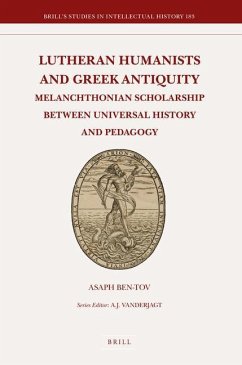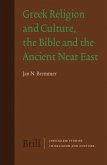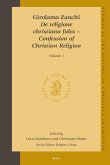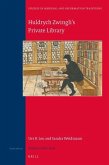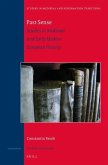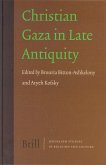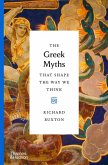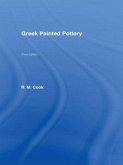The textual monuments of Greco-Roman antiquity, as is well known, were a staple of Europe s educated classes since the Renaissance. That the Reformation ushered in a new understanding of human fate and history is equally a commonplace of modern scholarship. The present study probes attitudes towards Greek antiquity by of a group of Lutheran humanists. Concentrating on Philipp Melanchthon, several of his colleagues and students, and a broader Melanchthonian milieu, a Lutheran understanding of Pagan and Christian Greek antiquity is traced in its sixteenth century context, positing it within the framework of Protestant universal history, pedagogical concerns, and the newly made acquaintance with Byzantine texts and post-Byzantine Greeks demostrating the need to historicize Antiquity itself in Renaissance studies and beyond.
Hinweis: Dieser Artikel kann nur an eine deutsche Lieferadresse ausgeliefert werden.
Hinweis: Dieser Artikel kann nur an eine deutsche Lieferadresse ausgeliefert werden.

